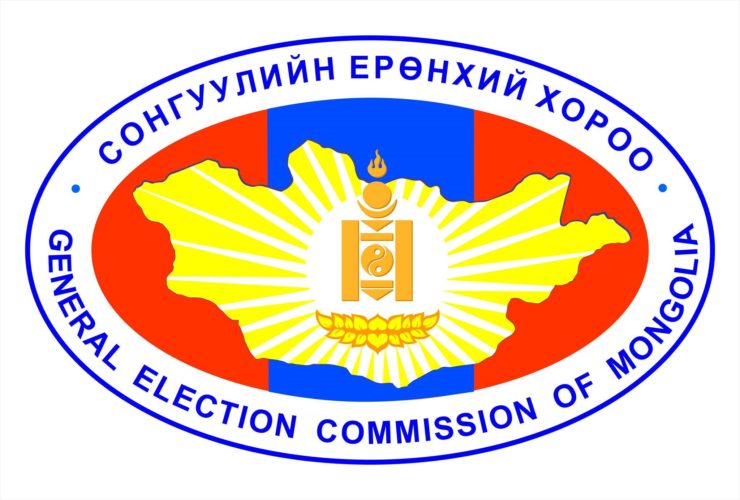
The ninth State Great Khural elections in the history of democratic Mongolia will be held this year, on June 28. They will be unprecedented in a number of respects, and their results promise significant differences from the country’s “classic” indicators.
As early as 2023, the Mongolian authorities carried out extensive work to prepare the country’s legislative framework for the upcoming elections, reflecting all their new parameters and principles in the relevant legislation:
In June 2023, the election law for the State Great Khural was significantly amended: for the first time in Mongolia’s history, the number of deputies will be increased – going from 76 to 126. At the same time, the new elections will introduce a mixed electoral system to replace the majoritarian one: 78 members of the Khural will be elected on a majoritarian basis and 48 on a proportional basis. These changes were also reflected in Article 21 of the country’s Constitution.
A new version of Mongolia’s Law on Parties was also adopted in July 2023. It defined new rules for party registration, reporting on party funding, conditions for recognizing a party as “invalid”, and procedures for monitoring their activities.
Later, changes were also made to the law on elections to local khurals.
The numerous consultations that the State Great Khural held in 2023 with representatives of parliaments of foreign countries deserve special attention: we are talking about consultative meetings with representatives of legislative authorities of European countries, as well as New Zealand, as well as with the ambassadors of the USA and Great Britain in February 2024.
The immediate preparations for the elections began to gather momentum in December 2023-January 2024. On January 4, 2024, the new members of the election committee were sworn in. On the fifth, the dates for the election campaign were set – it will last 17 days between June 10 and 26. Also, the electoral constituencies were formed, between which the mandates have already been distributed: it is noteworthy that the “majoritarian” part of the election has a strong disproportion in favor of the importance of the vote in provincial areas over Ulaanbaatar: in all the electoral districts of the capital, which has about 45% of the country’s population, there are only 24 mandates, while the rest of the country with 55% of its population controls the remaining 54. This condition will definitely favor the two largest parties, whose support in the provincial areas is stronger than in the capital. In addition, on January 9, 2024 the Mongolian CEC presented the timetable and regulations for all election-related procedures.
The costs of the election procedure are also known: according to the latest data, they will amount to about 32 billion tugrik (about 850 million rubles or $9.5 million).
In preparation for the elections, the message of eliminating gender inequality, which is popular in the current parliament, also found its place. Thus, the gender ratio in the list of party nominees was set at 1 to 1. The technological agenda of recent years has also been reflected in the preparations for the elections, with reports of the introduction of artificial intelligence technologies for voter registration and vote counting.
As mentioned earlier, the characteristic feature of the 2024 Khural elections will be a mixed electoral system. Previously, parliamentary elections under this system were held only once – in 2012. The parliament of that convocation was characterized by the most noticeable share of small parties and self-nominated candidates – in the Khural, out of 76 of its members, apart from the two dominant parties (the Mongolian People’s Party and the Democratic Party) there were three non-partisan deputies and 13 representatives of two “small parties” – instead of 1-3 seats, a traditional figure for earlier (and later) convocations. The 2012 convocation was also notable for the absence of a majority of any party: the Democratic Party, which won the elections, took only 44 per cent of seats in the Khural. As a result, the winning party had to fight for the support of small parties and self-nominated candidates for the adoption of each bill it proposed – in case the largest opposition party rejected it. This condition had a negative impact on the ability of the parliament to come to an amicable decision.
These features of the 2012 parliament may carry over into the new convocation – and even become more pronounced in it: opinion polls for 2022 and 2023 have shown a significant decline in popular support for Mongolia’s two largest parties.
Thus, preparations for parliamentary elections in Mongolia have been rapidly gaining momentum since the beginning of 2024. The new parliament promises to be significantly different from the current one, which may be followed by relatively minor but still noticeable changes in the country’s political and economic development vector.
Boris Kushkhov, Department of Korea and Mongolia, IW RAS, exclusively for the online magazine “New Eastern Outlook“